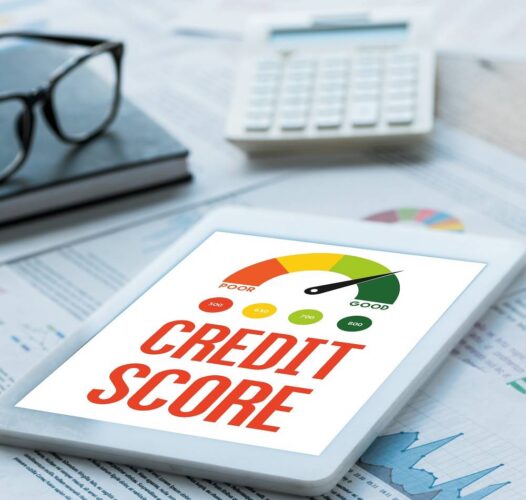There are over 40 million Americans who made a loan to go to college. With college education so expensive, taking out a student loan seems the most logical choice to afford higher education.
But you may begin to wonder - does student loan affect credit score? This blog answers that question. Let’s begin.
Understanding What A Credit Score Is
A credit score is a three-digit number representing an individual's creditworthiness. Lenders use it to determine the likelihood of a borrower repaying a loan. Credit scores range from 300 to 850, with higher scores indicating better creditworthiness.
The credit score is calculated based on several factors, including payment history, credit utilization, length of credit history, credit mix, and new credit inquiries.
The most commonly used credit scoring models are FICO and VantageScore. FICO scores range from 300 to 850, with higher scores indicating better creditworthiness. VantageScore ranges from 300 to 850 but uses a different scoring algorithm than FICO.
Effects Of Student Loan Payments On Credit Score

Essentially, if you pay your student loans consistently on time, your credit score will increase. In contrast, it will suffer if you are late. This is because student loans are paid in installments, and making payments on time is a big factor in determining your credit score.
However, unlike other types of loans, student loans generally give more freedom to account for late payments before telling the credit bureaus. Federal loans report missed payments after 90 days, while private loans take 30 days to report a missed payment.
Payment History
Your payment history is one of the most important factors that affect your credit score. Late or missed payments can harm your credit score, while timely payments can improve it.
If you have a student loan, making your payments on time can help you build a positive payment history, boosting your credit score. Also, a student loan defaults when you haven’t paid within 270 days. A defaulted loan will have a huge negative impact on your credit score.
Credit Mix
Credit mix refers to the types of credit accounts you have, such as credit cards, car loans, and student loans. Having a mix of credit accounts can improve your credit score, showing that you can manage different types of debts responsibly.
If you only have a student loan, it might not significantly impact your credit mix, but it can still contribute to your overall credit profile.
Length Of Payment Periods, Timely Payments, And Late Payments
The length of your pay periods and payment habits can also affect your credit score. The longer you have a student loan and make timely payments, the more it can positively impact your credit score.
However, if you miss payments or default on your loan, it can significantly negatively impact your credit score.
Other Factors Affecting Credit Score
Aside from your loan payments, having other types of loans also play a huge part on your credit score. If your parents took out the loan, it would affect your credit score. If you took out the loan and your parents co-signed it, both your and your parents' credit score will be impacted.
Credit Cards And Other Types Of Loans
In addition to student loans, credit cards and other types of loans can also affect your credit score. Credit card utilization, or the amount of credit you use compared to your credit limit, is another crucial factor affecting your credit score.
Using too much available credit can lower your score while keeping your utilization low can improve it.
Major Credit Bureaus And Credit File
Credit scores are reported by three major credit bureaus: Equifax, Experian, and TransUnion. Each bureau may have slightly different information in your credit file, so it's a good idea to check your credit reports regularly to ensure they are accurate.
These credit bureaus must release your credit score whenever you ask them. Normally, they will have weekly updated credit scores available online for you to check.
Your credit score is an important number that determines the type of loan you can get to afford a house, a car, a business, or any other endeavor requiring a loan. So as soon as you apply for a student loan, keep your credit score in mind.
If you’re having difficulties repaying a student loan, you can consider income-driven repayment plans (for federal loans) or negotiating different monthly terms (for private loans). Alternatively, you can also look into student loan forgiveness programs by the government.
Check out our blog on understanding student loan forgiveness application process.






